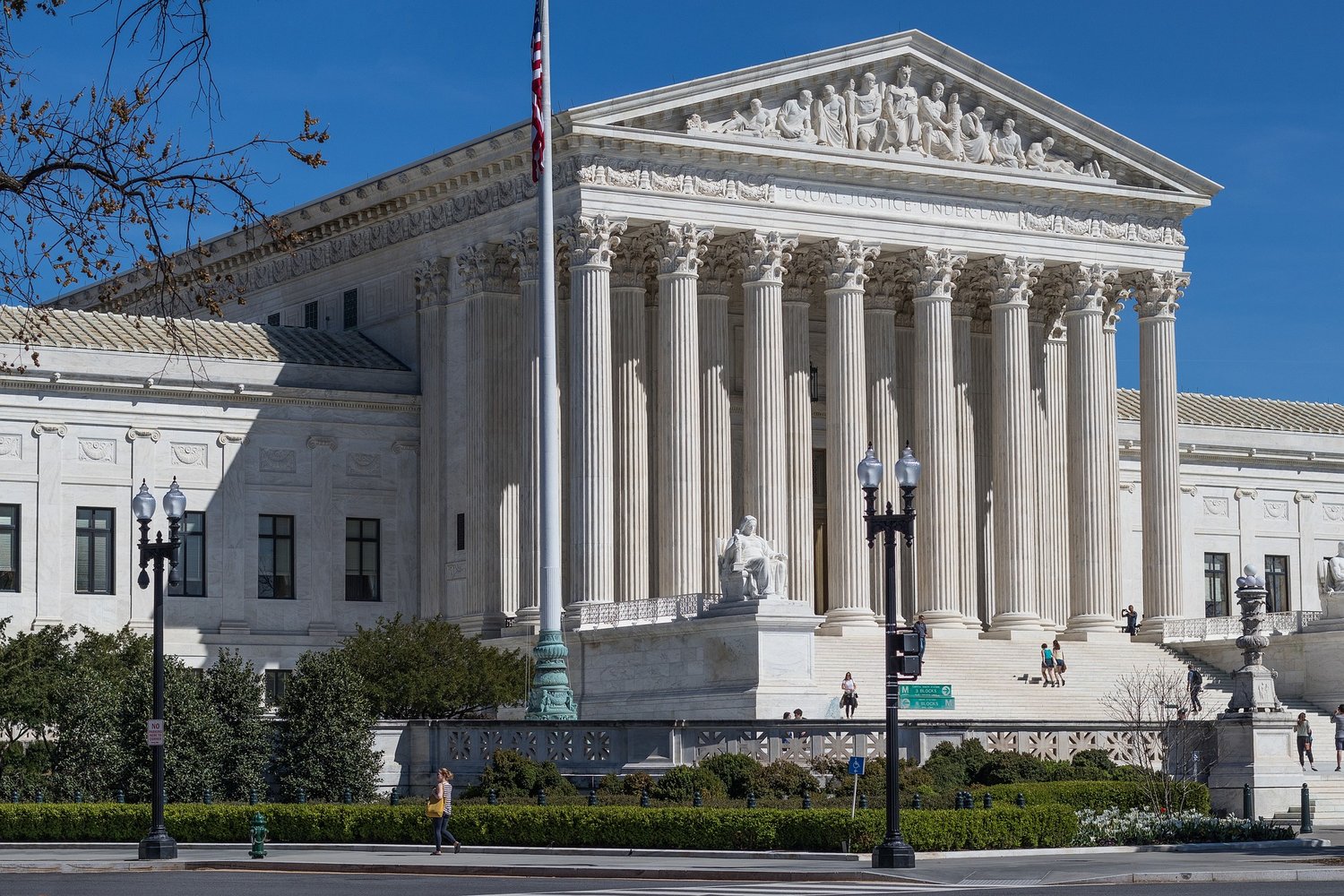Trusted by thousands of law students worldwide

All 30 Law Modules (Best Value)
All 18 UOL Modules (UOL International Programme)

SQE Foundation Package

PGDL / GDL Law Conversion
12 Qualifying LLB Modules (UOL Standard Entry Route)
9 Qualifying LLB Modules (UOL Graduate Entry Route)
First Year LLB Modules (UOL Standard Entry Route)
First Year LLB Modules (UOL Graduate Entry Route)

Law Exam Guide
Second Year LLB Modules (UOL Standard Entry Route)
Second Year LLB Modules (UOL Graduate Entry Route)
Third Year LLB Modules (UOL Standard Entry Route)
Third Year LLB Modules (UOL Graduate Entry Route)
UOL Case Bank
Contract Law

Legal English and Writing
Legal Executive Package (Level 6)
CertHE Common Law (UOL International Programme)
GradDip Commercial Law (UOL International Programme)
GradDip International Law (UOL International Programme)
Where are our students from?
Yale University
Council of Europe
Baker Mckenzie
University of Chicago
Columbia University
New York University
University of Michigan
INSEAD
University College London (UCL)
London School of Economics (LSE)
King’s College London (KCL)
University of London
University of Manchester
University of Zurich
University of York
Brandeis University
University of Exeter
University of Sheffield
Boston University
University of Washington
University of Leeds
University of Law
Royal Holloway, University of London
Birkbeck, University of London
SOAS, University of London
University of Kent
University of Hull
Queen’s University Belfast
Toronto Metropolitan University
Hong Kong University of Science and Technology
Your perfect companion for open-book and closed-book exams

Diagrams and Charts
Our carefully designed diagrams and charts will guide you through complex legal issues.

Clear and Succinct Definitions
Key concepts are concisely defined to help you understand legal topics quickly.

Statutory Provisions
Statutory provisions are provided side by side with legal concepts to help you swiftly locate the relevant legislation.

Case Summaries
We have summarised important cases for you so that you don't need to read long and boring cases.

Rules and Exceptions
Rules and exceptions are clearly listed so that you know when a rule applies and when it doesn't.

Terminology
Legal terms and key concepts are explained at the beginning of each chapter to help you learn efficiently.

Case Law
Case law is provided side by side with legal concepts so that you know how legal principles and precedents were established.

Law Essay Guide
You will learn essential law exam skills and essay writing techniques that are not taught in class.

Problem Question Guide
We will show you how to answer problem questions step by step to achieve first-class results.

Structured Explanations
Complex legal concepts are broken down into concise and digestible bullet point explanations.

Legal Research
You will learn legal research techniques with our study guide and become a proficient legal researcher.

Exam-focused
All essential concepts, principles, and case law are included so that you can answer exam questions quickly.






























